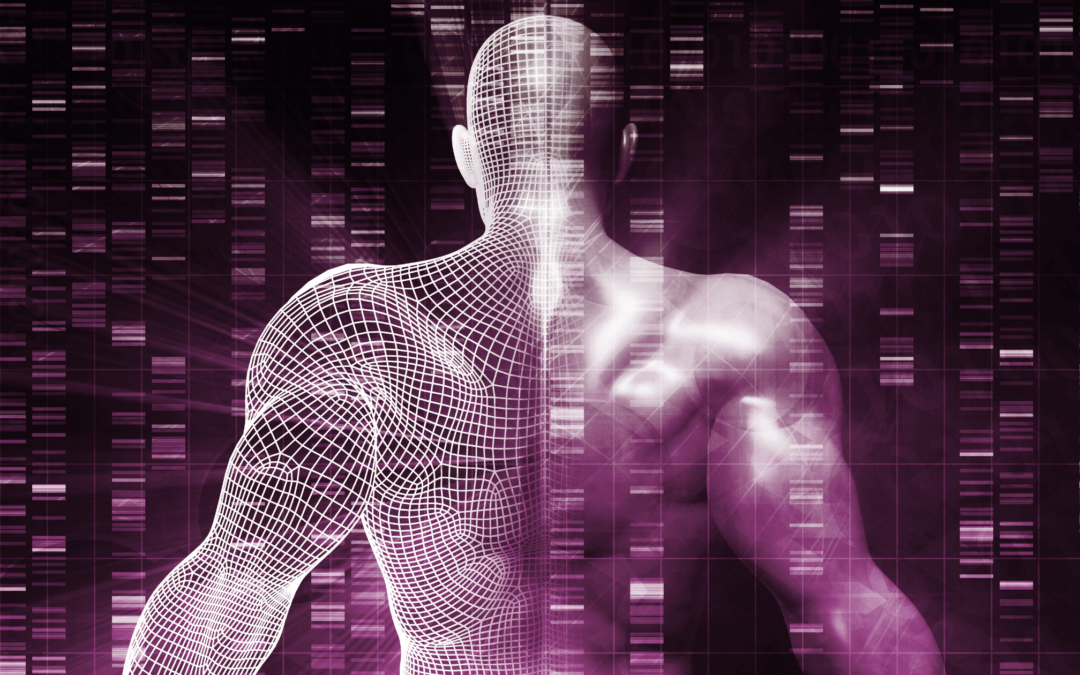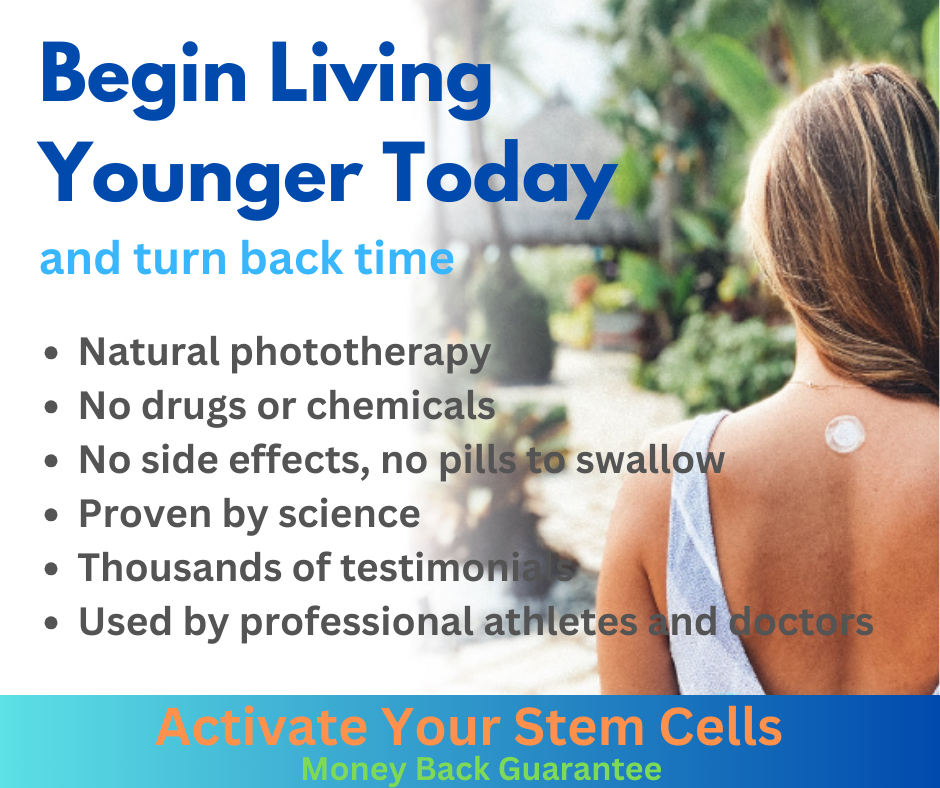The past two decades have witnessed an unprecedented acceleration in scientific advancements, particularly in the field of human science. Our understanding of the human body and health has undergone a profound transformation, unveiling previously unfathomable secrets and revolutionizing the way we perceive ourselves. In this captivating journey through time, we explore some of the remarkable discoveries made over the past 20 years that have reshaped our knowledge about our bodies and health.
The Human Microbiome: A Thriving Ecosystem Within: One of the most groundbreaking revelations in recent years has been the discovery of the human microbiome. Previously underestimated, we now know that our bodies host a vast community of microorganisms that inhabit various regions, such as the gut, skin, and oral cavity. These microbial communities play pivotal roles in digestion, immune function, and even mental health. Our understanding of the microbiome’s influence on overall well-being has opened doors to innovative therapies and dietary interventions that can positively impact human health.
Epigenetics: The Dance Between Genes and Environment: While our genetic makeup remains unchanged, we have learned that our environment and lifestyle can modulate gene expression through a phenomenon called epigenetics. We now know that factors like diet, stress, exercise, and even prenatal experiences can leave molecular marks on our DNA, potentially influencing our susceptibility to diseases or shaping our health outcomes. This newfound knowledge underscores the significance of preventive healthcare and empowers individuals to make informed lifestyle choices.
Neuroplasticity: Unleashing the Brain’s Adaptive Potential: The human brain, once thought to be relatively fixed after childhood, has proven to possess remarkable adaptability through the concept of neuroplasticity. Research has shown that the brain can reorganize itself, form new connections, and even generate new neurons throughout our lives. This understanding has led to innovative rehabilitative techniques, enhanced learning strategies, and greater insights into neurological disorders. Harnessing the brain’s plasticity offers promising avenues for cognitive enhancement and neurorehabilitation.
Precision Medicine: Tailoring Healthcare to Individuals: Advancements in genetics and molecular biology have paved the way for a new era of personalized medicine. We now understand that genetic variations among individuals can influence their response to medications, risk of diseases, and susceptibility to certain conditions. The advent of technologies like genome sequencing has empowered healthcare providers to develop targeted treatments, optimize drug regimens, and offer personalized preventive strategies. Precision medicine holds immense potential to improve patient outcomes and transform the healthcare landscape.
Mind-Body Connection: Bridging the Gap: The interconnection between mental and physical health has gained substantial recognition in the past two decades. Scientific research has elucidated the intricate mechanisms through which psychological factors, such as stress, emotions, and lifestyle, impact physical well-being. Recognizing the mind-body connection has fostered the integration of mental health support into medical care, leading to a holistic approach that acknowledges the interplay between our emotional and physical states.
The evolution of human science over the last 20 years has been nothing short of extraordinary. Our knowledge of the human body and health has expanded exponentially, uncovering hidden complexities and challenging long-held beliefs.
From the thriving microbiome to the untapped potential of neuroplasticity, these discoveries have transformed the way we perceive ourselves and how we approach healthcare. As we continue to unravel the mysteries of human biology, these advancements offer hope for a future where personalized, preventive, and holistic approaches to health become the norm, empowering individuals to lead healthier, happier lives.


